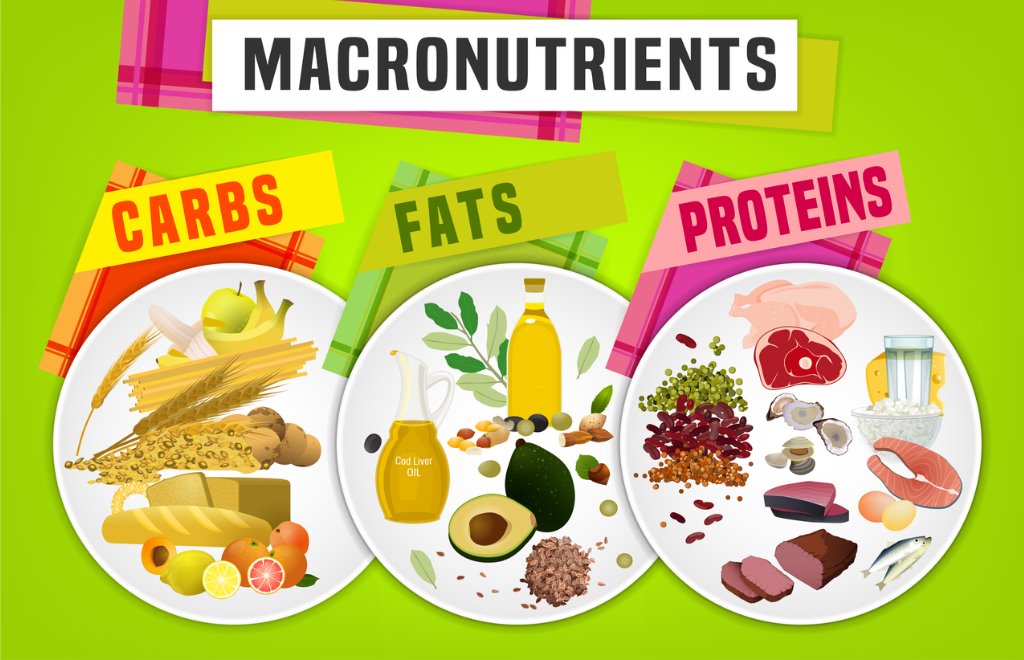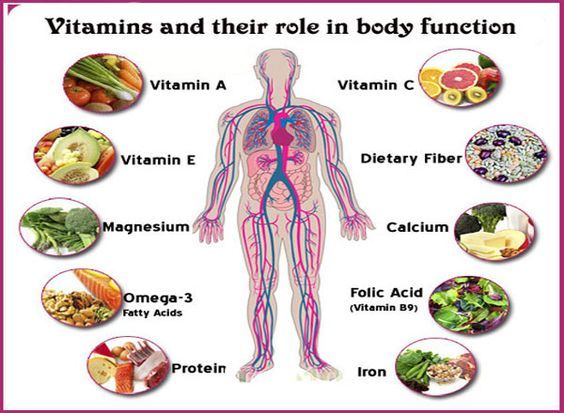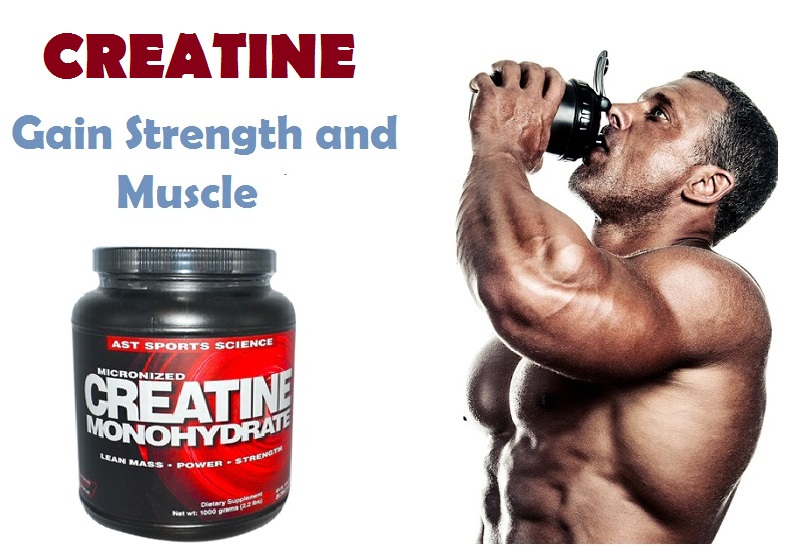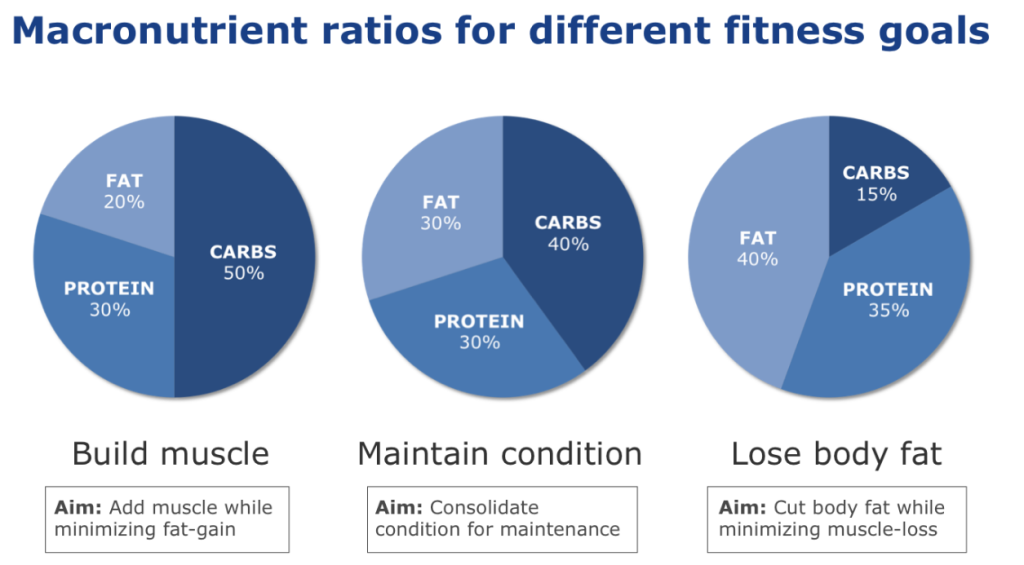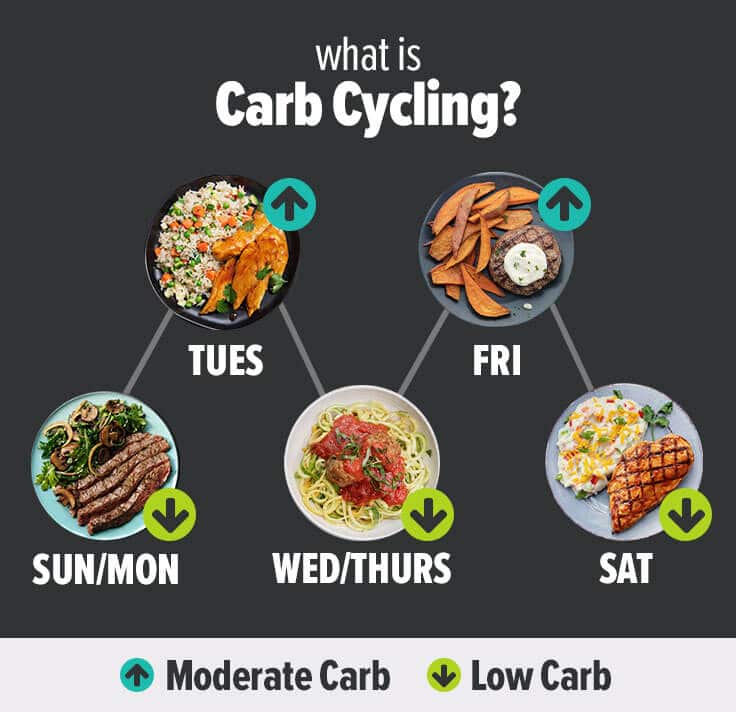Muscle growth is not just about lifting weights; it’s equally about what happens in the kitchen. Nutrition plays a pivotal role in building muscle mass, aiding in recovery, and improving overall performance. This article delves into the key nutritional elements that are essential for muscle growth. From understanding the balance of macronutrients to the importance of meal timing, hydration, and supplementation, the goal is to provide comprehensive guidance for anyone looking to enhance their muscle-building journey through effective dietary strategies.
Contents
- 1 Understanding Macronutrients For Muscle Growth
- 2 The Role Of Micronutrients In Muscle Development
- 3 Timing Your Meals For Optimal Muscle Growth
- 4 Hydration And Muscle Performance
- 5 Supplements And Muscle Building
- 6 Balancing Calories For Muscle Gain And Fat Loss
- 7 Overcoming Plateaus In Muscle Growth: Advanced Nutritional Strategies
- 8 The Bottom Line
Understanding Macronutrients For Muscle Growth
Protein is the cornerstone of muscle repair and growth. Its amino acids are the building blocks of muscle tissue, making it crucial for anyone aiming to increase muscle mass. The best sources of protein include lean meats, fish, dairy, and plant-based options like beans and lentils. It’s not just about quantity; the quality of protein consumed also plays a significant role in how effectively the body can use it for muscle building.
Carbohydrates and fats, often misunderstood, are vital for muscle growth. Carbohydrates are the primary energy source for intense workouts, while fats play a key role in hormone production, including those related to muscle growth. Complex carbohydrates like whole grains, along with healthy fats from sources like avocados and nuts, should be integral parts of a muscle-building diet. Balancing these macronutrients is essential for optimal energy, performance, and recovery.
The Role Of Micronutrients In Muscle Development
Vitamins and minerals, though required in smaller quantities, are crucial for muscle function and recovery. Micronutrients like Vitamin D, magnesium, and zinc play significant roles in muscle health, supporting everything from protein synthesis to hormone balance. Foods rich in these micronutrients, such as leafy greens, nuts, seeds, and dairy, should be regular features in a muscle-building diet.
Specific micronutrients warrant particular attention. For instance, iron, found in red meat and spinach, is vital for oxygen transport in the blood, directly impacting muscle endurance and recovery. Antioxidants like Vitamin C and E, found in fruits and vegetables, help combat the oxidative stress that intense training can place on the body. A diverse diet ensures a broad spectrum of these micronutrients, aiding in overall muscle health and growth.
Timing Your Meals For Optimal Muscle Growth
Meal timing can significantly influence muscle growth and workout effectiveness. Consuming the right nutrients at the right time ensures that the body has the energy for workouts and the building blocks for recovery. For example, eating a meal rich in complex carbohydrates and protein about two to three hours before exercise can provide sustained energy and necessary amino acids for muscle building.
Post-workout nutrition is just as critical. After exercise, the body needs nutrients to start the recovery process. A combination of protein and carbohydrates consumed within 30 minutes to an hour after a workout can enhance muscle repair and replenish glycogen stores. This meal should not be skipped, as it plays a pivotal role in maximizing the gains from a workout session.
Hydration And Muscle Performance
Hydration is a key, yet often overlooked, element in muscle performance and growth. Adequate fluid intake is essential for maintaining optimal blood volume, regulating body temperature, and ensuring the efficient transport of nutrients to muscles. For athletes and those engaged in regular training, staying hydrated is crucial to maximize performance and aid in recovery. Water supports metabolic functions and nutrient transfer within the body, directly impacting muscle growth.
Guidelines for fluid intake vary depending on individual needs and exercise intensity, but a general rule is to drink water before, during, and after exercise. Dehydration can lead to decreased strength, reduced endurance, and a longer recovery time. It’s recommended to drink water throughout the day, not just during workouts, to maintain a consistent level of hydration. Additionally, including electrolytes in beverages post-workout can help restore any imbalances caused by sweating.
Supplements And Muscle Building
The world of supplements can be overwhelming, with various products claiming to boost muscle growth. Common supplements include whey protein, creatine, and branched-chain amino acids (BCAAs). Whey protein is popular for its high-quality protein and amino acids, aiding in muscle repair post-workout. Creatine, known for increasing strength and muscle mass, improves performance in short, high-intensity exercises.
However, supplements are not necessary for everyone. They should complement, not replace, a balanced diet. The decision to use supplements depends on individual dietary needs, goals, and the type of training being undertaken. It’s crucial to research and choose supplements that are safe, effective, and suit one’s specific requirements. Consulting a healthcare professional or a dietitian before starting any supplement regimen is always advisable.
Balancing Calories For Muscle Gain And Fat Loss
Achieving muscle growth often requires a caloric surplus, meaning consuming more calories than burned. This surplus provides the energy needed for building muscle. However, it’s important to manage this surplus to ensure that the weight gained is primarily muscle, not fat. A balanced approach to calorie intake, focusing on nutrient-dense foods rather than simply increasing caloric intake, is key.
Creating a balanced meal plan involves a mix of proteins, carbohydrates, and fats, tailored to individual energy needs and workout intensity. It’s not just about the quantity of food but also the quality. Nutrient-rich foods support overall health while contributing to muscle gain. Regular monitoring of body composition can help adjust the diet as needed, ensuring a healthy balance between muscle gain and fat management.
Overcoming Plateaus In Muscle Growth: Advanced Nutritional Strategies
Plateaus in muscle growth are common, and dietary adjustments can be a solution. When progress stalls, assessing and modifying the diet can reignite muscle growth. This might include increasing protein intake, adjusting the ratio of macronutrients, or incorporating new foods to provide different nutrients.
Advanced nutritional tactics like carb cycling, where carbohydrate intake is varied based on workout days, can be effective for experienced athletes. Intermittent fasting is another strategy that some find beneficial for muscle growth and fat loss. These approaches require a deep understanding of nutrition and should be undertaken with caution. It’s often beneficial to seek guidance from a nutrition professional when experimenting with these advanced dietary strategies.
The Bottom Line
Nutrition is a fundamental component in the pursuit of muscle growth. It involves more than just consuming the right foods; it’s about understanding the balance of macronutrients, the role of micronutrients, the importance of meal timing, and the significance of hydration. Supplements can be beneficial but are not essential for everyone. Each individual’s journey is unique, and dietary needs vary depending on body type, goals, and level of physical activity. A successful muscle-building strategy combines a well-planned diet with regular exercise and a healthy lifestyle. Remember, the key to muscle growth lies not just in the gym but also on the plate.
